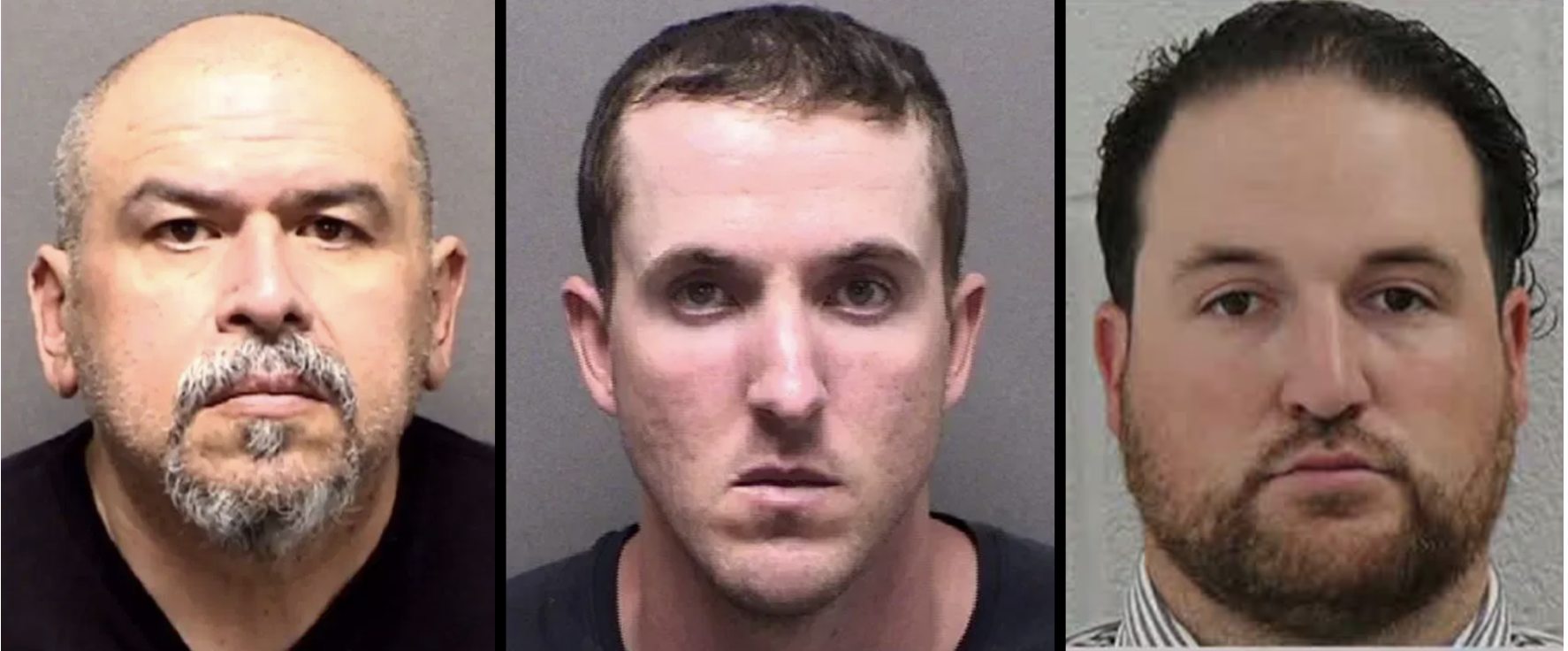What’s going on when a school district doubles per-pupil spending, yet their SAT scores fall from a 1047 to a 938? Is it a shortage of cash, or a lack of reform-minded leadership?
The Decatur ISD school board present, Alan White, recently sent me a note saying Empower Texans’ comments about general school district spending and inefficiencies were “way out of line.” He specifically didn’t like us pointing out the Brownwood ISD superintendent saying more state money would help pay for a new video scoreboard at the football stadium.
Facts can be so inconvenient…
But it isn’t fair to dismiss his concerns out of hand, given that he has served on the Decatur ISD school board since 1999, so I checked out Decatur ISD. The results were nothing short of shocking.
Mr. White’s own school district is illustrative of what’s has been going on in education finance.
 From 2000 to 2010, the student enrollment in Decatur barely changed – from 2,534 to 2,965. Yet their spending rose from $6,533 per student to a staggering $12,533 per student in 2010.
From 2000 to 2010, the student enrollment in Decatur barely changed – from 2,534 to 2,965. Yet their spending rose from $6,533 per student to a staggering $12,533 per student in 2010.
What have they been spending the money on? Not classroom instruction, apparently. The district reported spending $5,300 on instructional expenses in 2010, up from $3,258 in 2000 – but way less than half of their total expenditures. Decatur ISD reports $12,533 in total spending per-child, but only put $5,300 into instructional activities.
Salaries say a lot about where school districts place value. They pay their superintendent $135,000 (not including bonus, benefits, pensions, etc etc), well above the state average of $108,000.
The trend in Decatur favors administrators over teachers. The average central administration pay at Decatur ISD in 2000 was $71,694; in 2010, it has risen to more than $100,000. Meanwhile, teacher pay in 2000 was $36,280; in 2010 teacher pay was $47,574. Administrators are making a lot more, and making more way faster, than teachers.
From a spending perspective, from a salary perspective, Decatur ISD seems more interested in activities outside the classroom than in it.
(It should be noted that after his first e-mail, and after I had shared with him these shared these facts, Mr. White has said — to his credit — that he will look into the district’s issues.)
Let’s look at the employment numbers a different way. From 2000 to 2010, the number of students in Decatur increased 14.5% and the number of teachers increased17.8%; that makes sense. Meanwhile, though, the number of non-teachers grew by 31%. Why? That’s the kind of question our school districts need to be asked.
Unfortunately, in too many of Texas’ school districts the bureaucrats (and their enablers on the school boards) like to blame excessive unfunded mandates as the reason for their spending problems. There is no small amount of truth to that.
Yet for all the rhetoric, school district administrators rarely, if ever, actually call for mandate relief. They just ask for money. In the latest round of lawsuits the districts have filed against the state, they are asking the courts to force more money into the system – not for mandate relief to better educate their pupils.
Decatur ISD is one of but nearly 1,100 school districts operating in Texas. Each district is like a fiefdom, with far too many simply unwilling to reform themselves or tolerate reform to come within their realm. They want money. How much more? More. How much is enough? More. Just a lot more. And without any pesky questions, please.
In Decatur we have a school district that has doubled per-pupil spending, yet external academic outcomes have plummeted. Dumping more money in a system that won’t perform clearly isn’t the answer. We need to start asking more questions, and demanding better results for Texas’ students.





